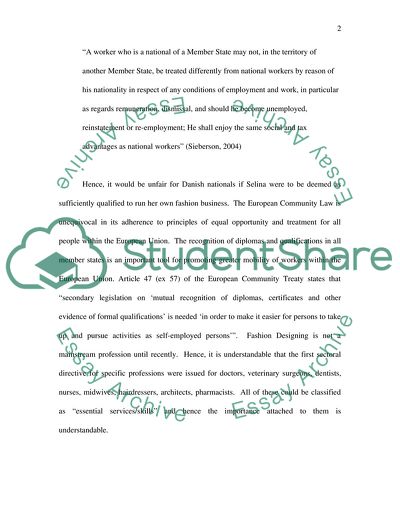Cite this document
(European Community Law: Free Movement of Persons Coursework - 1, n.d.)
European Community Law: Free Movement of Persons Coursework - 1. Retrieved from https://studentshare.org/law/1715760-european-law
European Community Law: Free Movement of Persons Coursework - 1. Retrieved from https://studentshare.org/law/1715760-european-law
(European Community Law: Free Movement of Persons Coursework - 1)
European Community Law: Free Movement of Persons Coursework - 1. https://studentshare.org/law/1715760-european-law.
European Community Law: Free Movement of Persons Coursework - 1. https://studentshare.org/law/1715760-european-law.
“European Community Law: Free Movement of Persons Coursework - 1”. https://studentshare.org/law/1715760-european-law.


